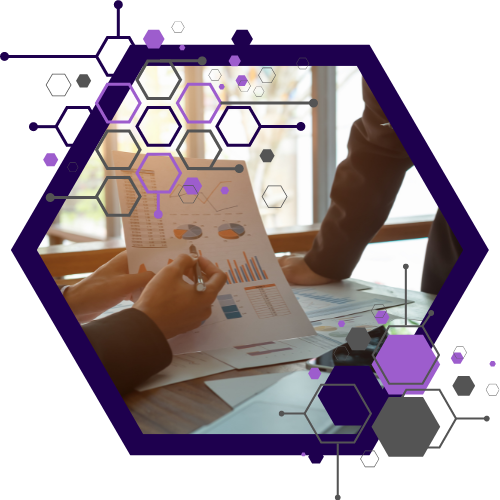Competitive Advantage
Data analytics is becoming increasingly important in the business world as companies look to leverage data to gain a competitive advantage. The demand for data analytics skills is growing in virtually every industry, as companies are looking to capitalize on the insights available through data analysis. To help meet the need, many universities and colleges are now offering courses in data analytics, which teach students the principles and techniques of data mining, data manipulation, statistical analysis, and other related topics.




.png?width=500&height=500&name=Navy%20And%20Blue%20Hexagonal%20Cryptocurrency%20Investment%20YouTube%20Thumbnail%20(1).png)